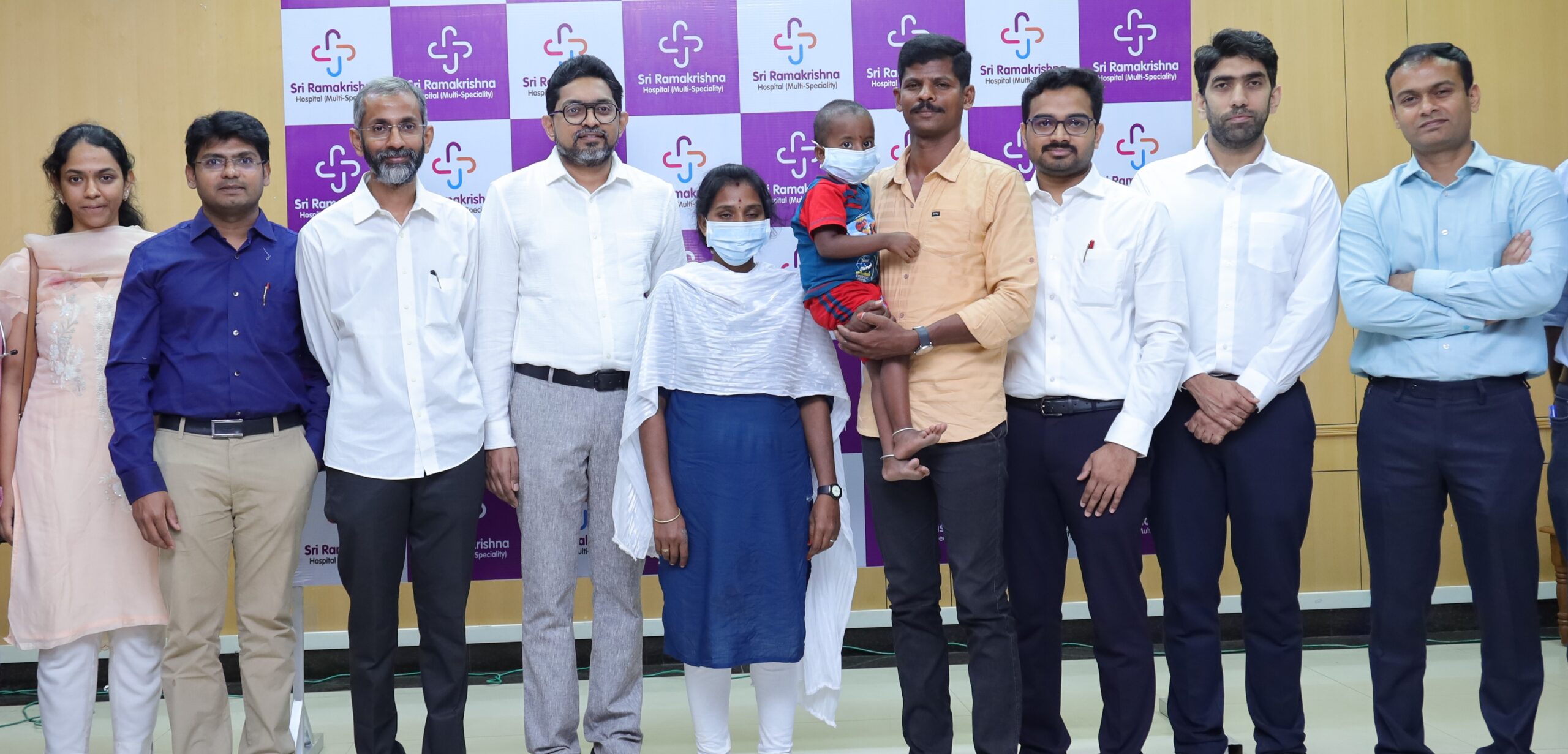Trending Now
- 830 voters names go missing in Kavundampalayam constituency
- If BJP comes to power we shall consider bringing back electoral bonds: Nirmala Sitaraman
- Monitoring at check posts between Kerala and TN intensified as bird flu gets virulent in Kerala
Coimbatore
Provide adequate infrastructure facilities for rapid growth of textile industry: TEA
![]() November 27, 2016
November 27, 2016
Tirupur Exporters’ Association (TEA) has appealed to the Centre to empower successful textile clusters with adequate industry infrastructure facilities such as ‘World class design studio’, ‘Research and Development Centre’ and ‘Incubation centre for technical textiles’.
In a pre-budget memorandum submitted to Finance Minister Arun Jaitley, TEA said that these types of infrastructure will facilitate rapid growth of not only the existing textile business but also enable foray into niche segments creating quantum growth opportunities to the industry.
There is a dire need to build large-scale labour housing and hostels in Public Private Partnership mode so as to facilitate permanent migration of skilled labourers towards industry clusters, the association president, Raja M Shanmugam said.
While thousands of crores were poured towards skilling initiatives for fresh trainees, there was a greater need to up-skill existing skilled labour force so as to move towards ‘Zero Defect Manufacturing,’ he said.
A focused and dedicated agency similar to Silk Board or Coir Board should be formed specifically for the Knitwear sector which can serve as a catalyst for rapid growth of this segment, he said.
Tiruppur, being the knitwear capital of the country with 46 per cent market share in knitwear exports, is embarking upon an ambitious goal of achieving a turnover of Rs. 1 lakh crore by 2020, from the present Rs. 35,000 crore (both domestic and exports), Shanmugam said.
The association appealed to the government to place the entire textile sector in the lowest slab of GST so that the industry could absorb the levy without any significant impact on the business, as the industry was MSME dominant in nature and operating with slender margins.
On other tax proposals, TEA wanted the investment by the industry towards labour housing and hostels be made as an allowable deduction under the Income Tax Act; Section 50 C in the Income Tax Act may be abolished given the impact of demonetisation on the real estate sector.
The memorandum asked for expedition of the implementation of labour law reform as indicated in the Budget Speech of 2015, through an amendment in PF and ESI acts.
TEA also requested implementation of the Factories (Amendment) Bill, 2016 which was passed in Parliament for the benefit of the garment sector and to fulfill buyers’ compliance.























